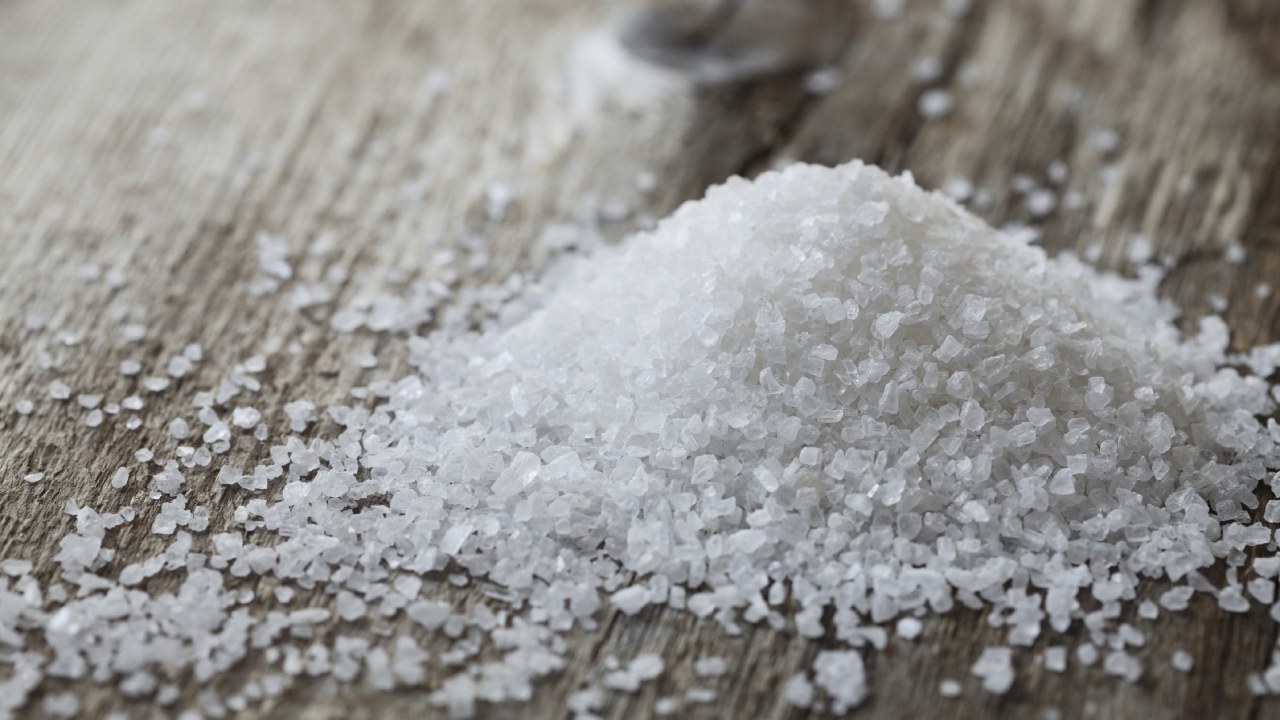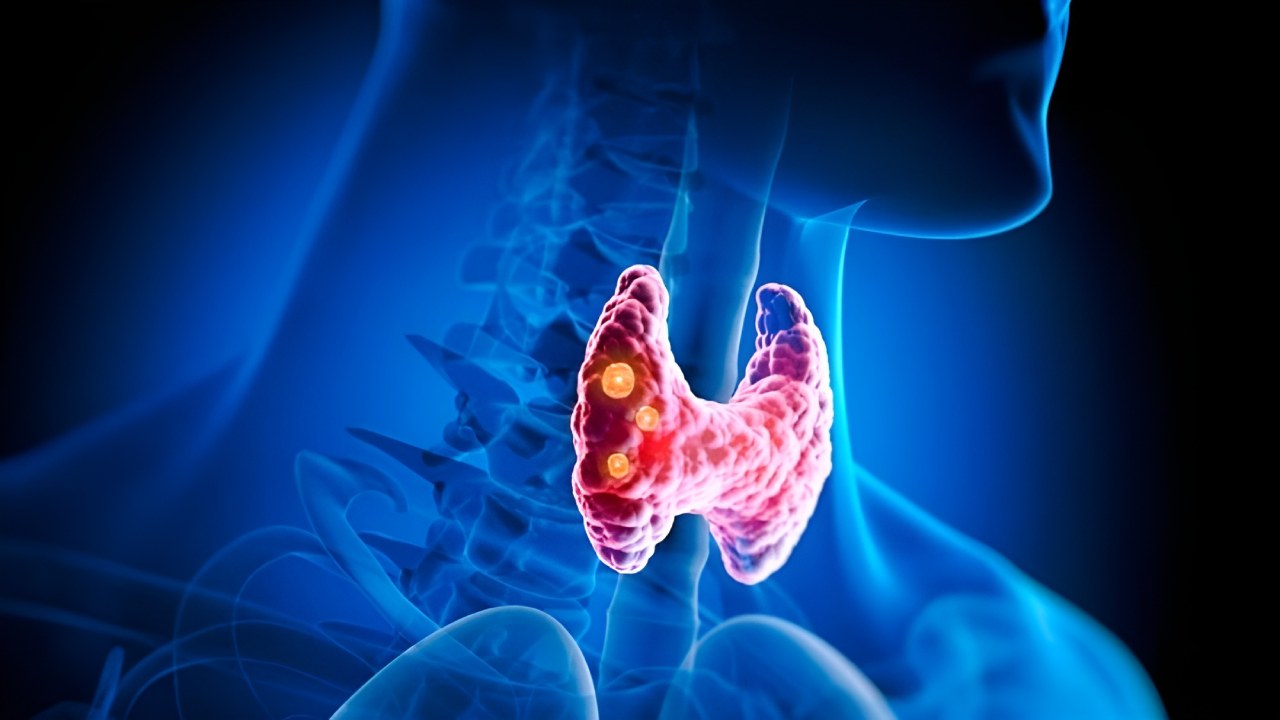Have you ever paid attention to whether the salt you include on your table is iodized or non-iodized? Until today, perhaps most of us have heard from various places how harmful iodine is and we have often avoided taking this food. However, iodine is not a food that should be avoided as we think.
Far from staying away from it, iodine is actually It is one of the key nutrients necessary for our body. It contributes to the body’s ability to manage energy and stay at the required temperature, and to ensure the full performance of the brain, heart and muscles.
So what about this food? What happens to our body when we don’t take any and specifically how is our brain affected by this?
Iodine, a micronutrient, is one of the foods we need to continue our lives in a healthy way.
In fact, iodine is a nutrient that we need to take in small amounts, but in a scenario where we do not consume it at all, it can lead us to disaster. For example, lack of this food, for the synthesis of thyroid hormones It is quite necessary.
Because thyroid hormones are necessary for brain development that occurs in the fetal and early postnatal periods. So the lack of this micronutrient, serious birth defects and irreversible mental retardation may cause.
According to a study conducted by UNICEF and GAIN 6 years ago, approximately 19 million babies born every year around the world face iodine deficiency.

For this reason, insufficient iodine during pregnancy and infancy causes neurological and psychological disorders. reduces the baby’s IQ by 8 to 10 points. According to UNICEF nutrition consultant Roland Kupka, the nutrients a child consumes in the first years of life affects his or her brain development throughout his or her life.
Because the first moments of life, from birth to age 3, are the most critical periods for a child’s development. Iodine deficiency occurs in the child’s first 3 years on average; lifelong, as well as protective and encouraging activities such as nutrition, play and early learning. in shaping brain development plays an important role.
In fact, iodine is rarely found in what most of us eat and drink and is usually added to table salt.

For this reason, it is very important that the salt used on the table contains iodine. Apart from table salt, this nutrient is found in very small amounts in foods such as seaweed, saltwater fish, shellfish, yoghurt, eggs, milk and cheese. It is not as effective as salt.
Of course, iodine deficiency can cause discomfort, and too much can cause various problems. For example, excessive iodine intake, overactive thyroid gland and hyperthyroidism it causes.

Symptoms of hyperthyroidism include excessive sweating, tremors, weight loss and restlessness. Again, iodine excess It can trigger the formation of goiter and cause various thyroid diseases. may cause.

Iodine is of course necessary for the functioning of the thyroid, but on the contrary, those with thyroid disease should take it in order not to have a negative impact on their disease. One should stay away from iodized salt and consume non-iodized salt.
In summary, iodine in table salt is more beneficial than harmful, contrary to popular belief. In this case, the point to be considered is This is the intake of nutrients in sufficient amounts without overdoing it. It is especially important for women during pregnancy to establish iodine balance for both themselves and their babies.
Our other content that may interest you:
RELATED NEWS
Who first thought of the idea of adding “salt” to food?
RELATED NEWS
What would happen if the “salt” we consume every day suddenly disappeared?
RELATED NEWS
